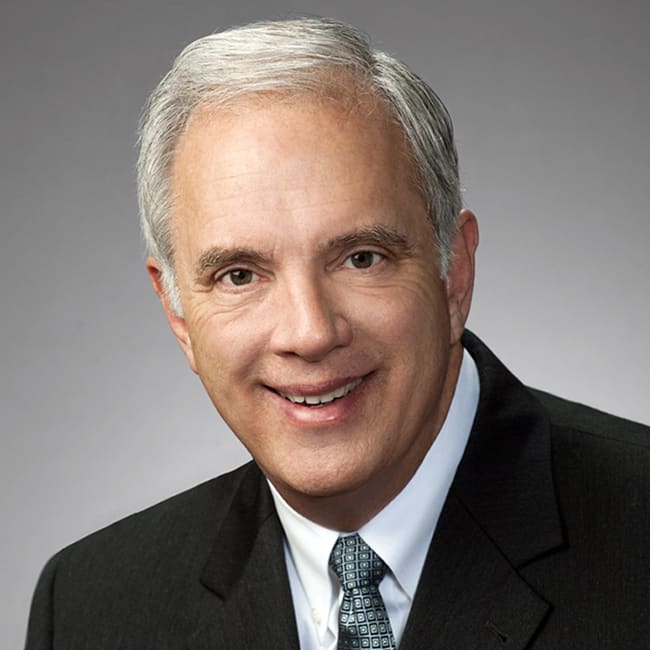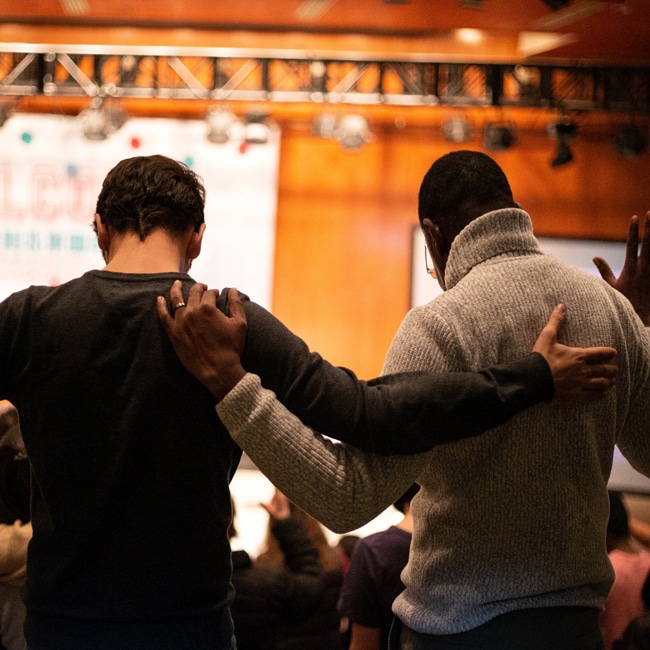Ministering to Every Soul: Practical Insights for a Church Disabilities Ministry
Ministering to Every Soul: Practical Insights for a Church Disabilities Ministry
by Cameron Horner
As we move into our fourth blog on disability and the church, we must zoom in on some practical aspects of building a ministry to the disabled. One short blog is not substantial enough to address the functional changes that need to occur “across the board” in the church, but there are some primary considerations that can be helpful for most circumstances. In our previous blog, we discussed the topic of “belonging,” which will be an essential litmus test for this blog. I hope for your church/ministry that as you consider needed changes for your context, Belonging will be your foundational standard.
The first and most basic to the practical question of disability in the church is access and inclusion. As discussed in the previous blog, inclusion is not the end goal but a means to the end. Simply put, if people cannot get into your building or cannot stay once they are in, they cannot experience belonging and the love that Jesus wants to show them through your community. Some practical questions to consider: Is there accessible parking near the entrance to your building? Would someone with a physical disability be able to get into your sanctuary and other portions of the building? Are your bathrooms up to ADA standards? Is there a ramp to your stage? Is there a place for someone in a wheelchair or who is using other assistive devices to sit in your sanctuary? Somewhere that is not in the back or some obscure location. Additionally, what is your service like? Often in our attempt to create a more stimulating worship experience, we become overstimulating for a host of people with intellectual or developmental disabilities. I remember the handful of disabled people that would stay behind after the Sunday school class that I used to lead at my old church. They stayed simply because the service was too stimulating to sit through. It seemed like each month, the production and worship team were discovering new ways to make service more extravagant in an attempt to attract more people. I remember thinking about the people who were excluded in the process. Instead, all my fellow disabled classmates stayed behind in our classroom and watched the service on a cell phone while having fellowship together.
Regarding access, the ADA standards must be a bare minimum. It is like a legal compulsory standard in place for when a community has not yet experienced a heart change for people with disabilities. In that regard, it is necessary and can be a guiding principle. Still, it is not a glowing example of belonging and inclusion. It would be far better for a community to ask what a disabled person needs personally. Asking them elevates them to the higher places at the table of the community, putting the power in their hands. What if we were at that level of belonging in our churches?
Once these more structural and programmatic considerations are taken care of— once disabled people can get through the door, so to speak— then you can move to the next steps of belonging. There is a saying within the disability community that has arisen due to the tendency of able-bodied people to leave disabled people out of the conversation when accommodations are being discussed or planned for: “Nothing about us without us.” In other words, if you plan how to accommodate us or make laws on our behalf, ensure we are in on the conversation. This leads to the next important question: do you have, or would you allow, a disabled person to serve on your leadership team, helping guide the church’s life and helping make decisions, especially decisions that affect the disabled in your church? As you move the church and its varied structures toward change, it would be beneficial to have someone with a disability lead that change with you. But leadership opportunities for people with disabilities can reach beyond items related to other disabled people. People with disabilities can also lead the able-bodied community, even from the pulpit or stage. As Dr. Lamar Hardwick says in his book on disability and the church, “There are profound spiritual lessons that can be learned from observing the lives of the disabled.”[1]
I recognize that specific disabilities cause a person to be unable to lead in this capacity. Still, I believe you would be surprised at the different approaches and insights a person with a disability could bring to a leadership team. There is, of course, a way to do this, which is tokenizing. But suppose you genuinely experience a heart change in this matter, and you see someone with a disability in your church that you sense God is highlighting as a potentially gifted leader. In that case, it will not be tokenizing or demeaning but out of an overflow of love and obedience to Jesus.
The next shift I will discuss may have to occur before the previous question of leadership can be addressed and before even the structural and programmatic changes can be put in place properly. This culture shift must occur in any organization or institution for change to be effectual and ongoing. You know this intuitively as a leader or someone who observes leaders. What the culture of your community is like will dictate the direction the community moves. For disabled people to be fully welcomed at a church at the level necessary to reach belonging, the culture must be in place for them to do so. Cultural shifts are led from the front and will only go as far as the pastor and other leaders are willing to go. As the pastor or leader of a particular ministry, the culture will only change so far if you are not fully on board or entirely sure about a particular shift for your church or organization. It must start with you!
As an example of why this particular culture shift is essential for the disabled to be welcomed, I have heard repeatedly from parents of children with autism that they have been asked to leave at least one church in their time as a parent. This is a cultural issue. Imagine a church where it is talked about that disabled people are not only welcome but are integral parts of the community, that they belong! Imagine if, regularly, it is emphasized from the pulpit and during other educational times or outreach times that your church is a place where people of all abilities can find a home. Do you think a person from your congregation would quickly become upset with the family of a child with autism if that child became disruptive during service? It could still occur, but it would be less likely, and probably that type of situation would get corrected more quickly than if the culture remained such as it does in many churches. Culture is essential, and if you get nothing else from this blog, know that culture change is perhaps your chief task should you create a home where people with disabilities can belong. By the way, budgets often reflect culture…
The last issue I have time to address in this blog is more pragmatic. As mentioned in a previous blog, it is all too familiar for the disabled to be ministered to in a way that segregates them from the regular church body. Often a church is excited about its ministry to the disabled. Still, not being fully aware of how to go about this ministry properly, they create separate disability ministries that do not integrate the disabled into the life of the church. While there are circumstances where specific needs can be best met in a particular class or ministry, this must not be the first choice when developing and creating a place of belonging for people with disabilities. Every context will have differences and similarities. It is essential to be aware that creating separate disability ministries that do not bring the disabled into the regular flow and function of the church is falling short of belonging. This will require thought and creativity, and your culture will likely need to move in that direction sooner than later. However, this will be essential to creating a home where people with disabilities can fully experience the love of the body of Christ in your church.
These are but a few foundational considerations. It will be a journey to create the type of church that matches Jesus’ heart in this matter, but it is worth every minute of the inevitable confusion, misunderstandings, and mistakes. We appreciate you taking the time to work on our behalf and create a space for us. Indeed, you will be rewarded for your labor when you work for the marginalized and the often outcast— people such as us. Thank you, and I ask that the Lord bless you along your way!
[1] Lamar Hardwick, Disability And The Church (InterVarsity Press, 2021), 149.






